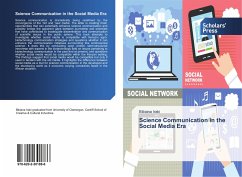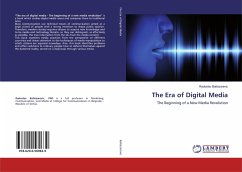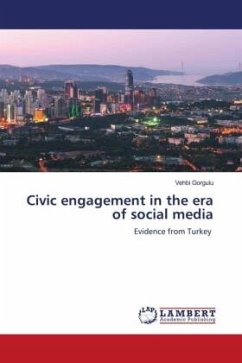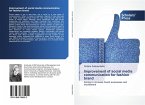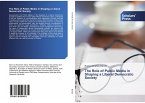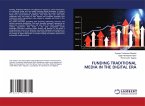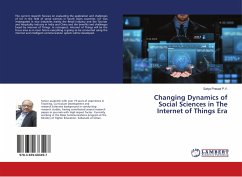Science communication is dramatically being redefined by the convergence of the 'old' and 'new' media. The latter is creating fresh opportunities that can potentially enhance science communication and possibly bridge the apparent gaps between journalists and scientists that have contributed to inadequate dissemination and communication of scientific issues in the public sphere. This book attempts to investigate whether social media is compatible with Kenya's agro-biotechnology communication strategies and questions whether it can enhance the communication initiatives surrounding this controversial science. It does this by conducting open ended, semi-structured interviews with experts in the biotechnology field on issues pertaining to biotechnology communication in the past and at present, and questions whether social media would be compatible within the Kenyan setting. The findings suggest that social media would be compatible but only if used in tandem with the old media. It highlights the difference between social media as a tool for science communication in the developed and the developing world as it uncovers varying constraints faced in the African situation.
Bitte wählen Sie Ihr Anliegen aus.
Rechnungen
Retourenschein anfordern
Bestellstatus
Storno

